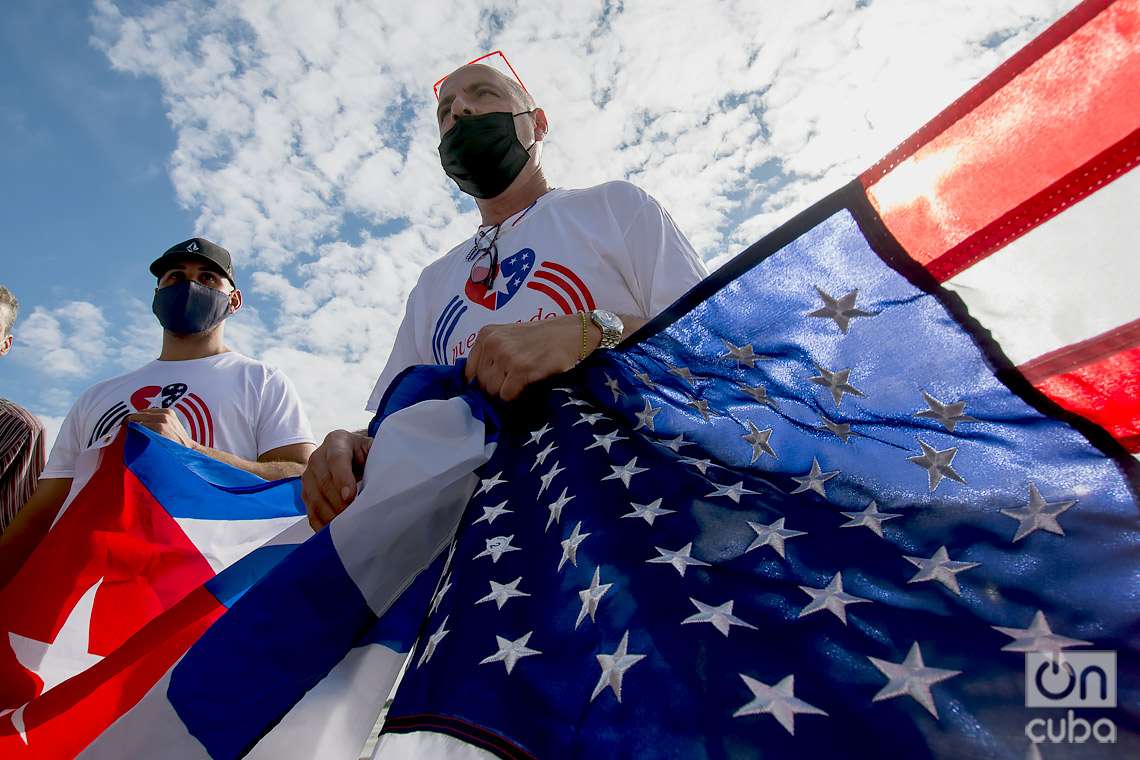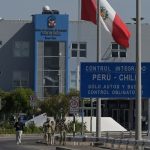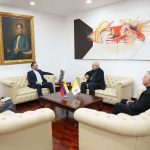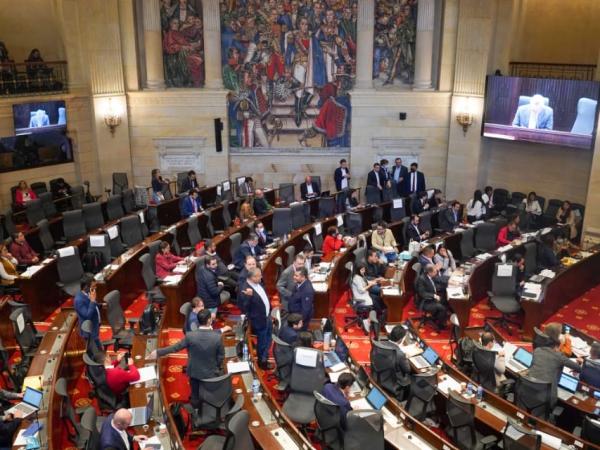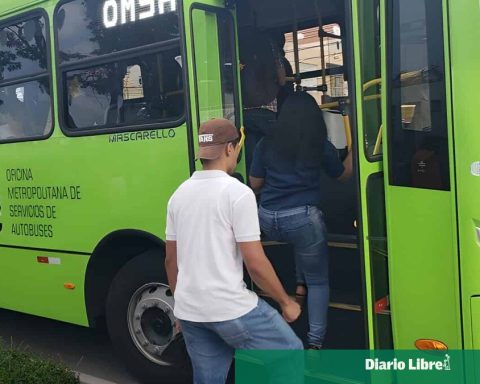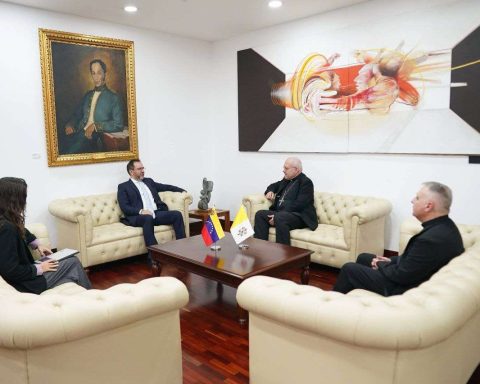organization members bridges of loveled by its founder, the Cuban-American professor and activist Carlos Lazoand other US citizens, filed a complaint this Tuesday before the Ethics Committee of the United States Senate against the Republican senator from Florida, Marco Rubio, for ethical and legal violations.
In a letter addressed to Cristopher Coons and James Lankford, president and vice president, respectively, of the Ethics Committee of the Upper House of Congress, the signatories denounced Rubio for “unethical and unfounded attacks” against members of Puentes de Amor, a group that pursues a rapprochement between Cuba and the United States, and the end of the embargo on the Island.
According to the letter, Senator Rubio “has launched a campaign of defamation and intimidation against Carlos Lazo, a high school teacher and American war veteran who resides in the state of Washington, and against Puentes de Amor, as well as against anyone who supports the lifting of the US embargo and sanctions.
“In his attacks, Senator Rubio has attacked not only Lazo, but also US citizens who support Puentes de Amor and participate in monthly caravans organized to support the lifting of US sanctions imposed on Cuba,” the text adds.
The complainants recall that “Puentes de Amor and its supporters and citizens who are being attacked by Rubio, have asked President Biden to lift US sanctions that prevent Cuban-American families from sending money to their families in Cuba, as well as have encouraged the White House to lift travel restrictions that currently prevent and limit Americans from visiting Cuba.”
In addition, the signatories point out that on August 5, Senator Rubio publicly asked the Federal Bureau of Investigation (FBI) to investigate Professor Lazo and those who support him by organizing “monthly peaceful car caravans to draw attention to US policy toward Cuba.”
The letter also highlights that the “unfounded attacks” that Rubio has carried out and the calls for a police investigation against Lazo and his followers are essentially a “campaign of persecution to attack citizens for their peaceful activism,” only for their contrary ideas. to those of the Republican senator.
They also underline that no evidence has been cited to support the request for an FBI investigation to directly interfere and repress the activity of Puentes de Amor, which the signatories consider to be “protected by the United States Constitution.” That attitude, they say, “not only constitutes inappropriate and unethical conduct by Senator Rubio, but also potentially illegal.”
The promoters of the complaint remind Senators Coons and Lankford that the Senate Ethics Manual condemns “inappropriate conduct that can be reflected in the Senate”, and point out that such conduct “has provided the basis for the most serious disciplinary cases of the Senate in modern times”.
They further argue that Senator Rubio’s conduct dates back to the times of McCarthyism, “where the chambers of the Senate were used by its members to attack, harass, defame, silence, persecute and imprison citizens whose political opinions differed from senators such as then Joseph McCarthy.”
The letter states that Senator Rubio’s public request to the FBI “without substantive evidence of any illegal activity,” or of the professor’s acting as an unregistered agent for a foreign government, “not only sets a terrifying precedent for all peace activists, but it is part of the manual of McCarthyism.
Finally, the signatories add that “allowing a renewed effort to revive persecution practices long condemned and rejected by senators, simply because citizens and constituents disagree with their views, affects the institution as a whole and represents a threat to all the institutions and processes of democracy”.
Carlos Lazo and Puentes de Amor have carried out various actions in the United States, and also in Cuba and other countries, in order to denounce the harmful effects of Washington’s embargo on the island and promote an improvement in bilateral relations. Among these actions can be mentioned, along with the well-known caravans, the organization of campaigns, walks, sending letters to authorities and delivering donations of medicine and food to Cuba.
